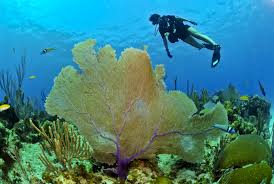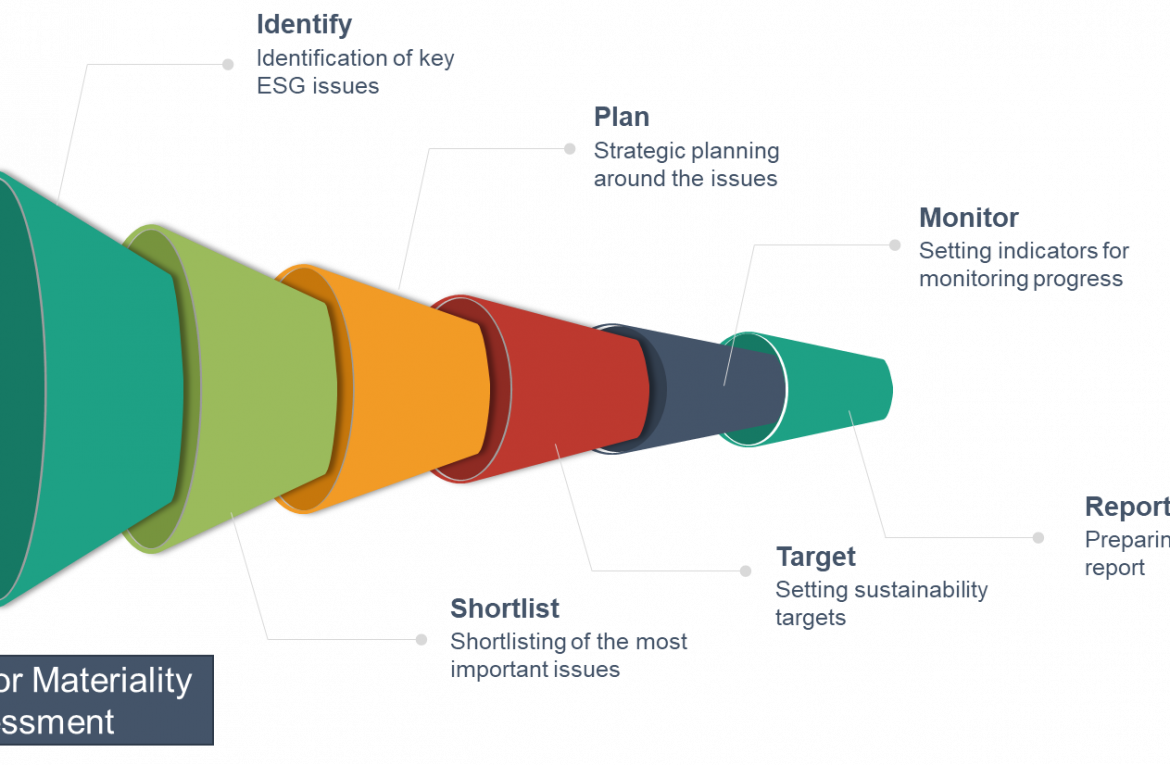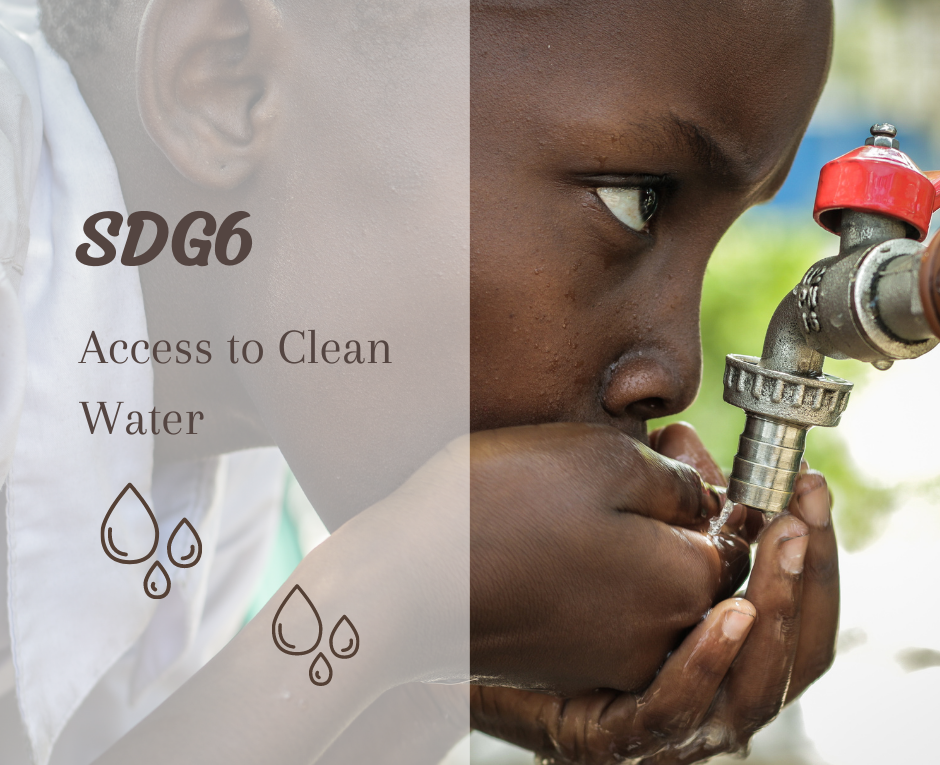Sometimes in the waves of change we find our true direction…

This beautiful quote conveys a strong message, which is very much meaningful in today’s context. Humanity has lost its direction and is heading towards destruction. Our natural resources are depleting rapidly, our environment is degrading relentlessly and society is suffering needlessly. We need to find our true direction by changing our ways (of doing business), and generate the waves of change, which would lead us to a sustainable world. As waves hail from the oceans, the “waves of change “must emanate from Oceans too. Oceans are the basis of” life” on Earth, and are the most important feature that makes our planet habitable. Oceans cover 70% of the Earth’s surface, and have been serving us with abundant resources to support our existence since our origin. Humans are dependent on oceans for various purposes like obtaining food, raw materials, transportation and livelihood.
According to United Nations, Over 3 billion people depend on coastal and marine biodiversity for their livelihoods and marine and coastal resources and industries hold the estimated market value of USD3 trillion, which is around 5% of global GDP. Oceans also serve as the world’s largest source of protein, and billions of people around the world are dependent on oceans for protein intake. But humans have overused marine resources, exploited the oceans and turned them into dumping grounds. Due to unregulated human activities, Oceans today, are facing many challenges.
Challenges before oceans
- Plastic pollution
Plastic waste has been polluting both Oceans and their shores due to tourism and other human activities taking place inside the oceans and in coastal areas. as per studies, 8 million metric tonnes of plastic is dumped into Oceans every year, and if this continues, there would be more plastic than fishes, in the oceans , by 2050.
These plastics are further broken down into micro plastics, which enter marine ecosystems causing dangerous effects on aquatic life. Studies reveal that 100,000 marine mammals and turtles and I million sea birds are killed by marine plastic pollution annually.
- Acidification
Most of us consider plastic waste and chemical discharge as the only factors responsible for pollution of oceans, and are totally unaware of another major pollutant of the Oceans; CO2. Oceans absorb more than 30% of the carbon emissions from the atmosphere, which reacts with seawater and forms carbonic acid. As a result, ocean water has become 30% more acidic since the beginning of industrial revolution. Acidification of oceans would disturb marine ecosystems which would further result in bio diversity loss.
- Over fishing
The rising demand of seafood has led to excessive fishing, which is further leading to disrupted marine ecosystems. Studies reveal that over 25% of world fish stocks are depleted or over exploited, and about 40% of fishes are caught unintentionally.
- Dead zones
Factors like agricultural runoffs, industrial and vehicular emissions and sewage, add unwanted chemical nutrients to ocean water, which leads to excessive blooms of Algae, which deplete the oxygen level of oceans, resulting in formation of dead zones. Dead zones are a big problem for marine life. There are around 500 dead zones in our oceans, and the figures are doubling every decade.
Realising the dangers lingering around our oceans, the United Nations has included conservation of oceans as one of the sustainable development goals of its agenda 2030. SDG 14- “life below water” aims to mitigate the challenges faced by oceans, conserve the oceans and enable sustainable use of oceans and marine resources. The targets of Goal 4 provide blueprint for implementation and monitoring of strategies for conservation and sustainable use of oceans with the help of law enforcement.

Sustainable Development Goal 14
- By 2025, prevent and significantly reduce marine pollution of all kinds, in particular from land-based activities, including marine debris and nutrient pollution.
- By 2020, sustainably manage and protect marine and coastal ecosystems to avoid significant adverse impacts, including by strengthening their resilience, and take action for their restoration in order to achieve healthy and productive oceans.
- Minimise and address the impacts of ocean acidification, including through enhanced scientific cooperation at all levels.
- By 2020, effectively regulate harvesting and end overfishing, illegal, unreported and unregulated fishing and destructive fishing practices and implement science-based management plans, in order to restore fish stocks in the shortest time feasible, at least to levels that can produce maximum sustainable yield as determined by their biological characteristics.
- By 2020, conserve at least 10% of coastal and marine areas, consistent with national and international law and based on the best available scientific information.
- By 2020, prohibit certain forms of fisheries subsidies which contribute to overcapacity and overfishing, eliminate subsidies that contribute to illegal, unreported and unregulated fishing and refrain from introducing new such subsidies, recognising that appropriate and effective special and differential treatment for developing and least developed countries should be an integral part of the World Trade Organization fisheries subsidies negotiation.
- By 2030, increase the economic benefits to small island developing states and least developed countries from the sustainable use of marine resources, including through sustainable management of fisheries, aquaculture and tourism.
- Increase scientific knowledge, develop research capacity and transfer marine technology, taking into account the Intergovernmental Oceanographic Commission Criteria and Guidelines on the Transfer of Marine Technology, in order to improve ocean health and to enhance the contribution of marine biodiversity to the development of developing countries, in particular small island developing states and least developed countries.
- Enhance the conservation and sustainable use of oceans and their resources by implementing international law as reflected in UNCLOS, which provides the legal framework for the conservation and sustainable use of oceans and their resources, as recalled in paragraph 158 of The Future We Want.
We’re just decade way from the 2030 deadline. While work is in progress for reaching the targets of goal 4, there is still lot to be done. Business can play an important role in ocean conservation and sustainable use of oceans.
The economic setback caused due to the COVID-19 pandemic has set us a new challenge in the path of sustainability. Millions of people around the world have lost their jobs and many small and medium business units have shut down due to nationwide lockdowns across the globe, consequently most of the nations are presently in the state of economic unrest. There is an urgent need to create employment opportunities and generate income along with addressing to the environmental issues. This means that, the ocean conservation programmes should be capable of generating income as well.
Business that support SDG4
Aquaculture
Aquaculture is the process of breeding and farming of aquatic organisms, both freshwater and marine, in protected areas under controlled conditions. Sustainable Aquaculture is an effective solution to the challenges faced by the oceans while generating business and employment opportunities for people living in coastal regions. Along with fish farming, aquaculture also includes alga culture and seaweed farming.
Benefits of aquaculture
Fish farming
Economic benefits
Farming of fishes in protected and controlled areas within the oceans is a growing trend in commercial fishing. Aquaculture is a cheaper and easier practice for production of protein rich food and has low environmental impact. By adopting aquaculture, Fishermen need not spend days in oceans for fishing and the saved time can be utilized for exploring new business prospects. Aquaculture can also be useful for scientific research and development.
Fish farming ensures food security through increased production and continuous supply of food for human consumption. It has also helped nations expand exports and add foreign exchange.
Environmental benefits
- Farmed fishes are free of pollutants and toxins and are therefore less harmful.
- Farming of creatures like shellfish improves water quality, as they eat up extra nutrients.
- Farming of fishes of desired species minimizes the chances of overfishing.
- Aquaculture helps protect marine ecosystems by preventing fishing of wild stock, thus protecting many species from extinction.
Seaweed farming and alga culture

Seaweed farming and alga culture have proved to provide great business spaces for coastal people, including women in rural coastal areas. It requires very little investment and maintenance, and earns good returns. The demand of seaweed and algae for commercial purpose has been on a rise as it has been identified as useful natural ingredient in various industries like food, cosmetics, pharmaceuticals, chemicals and even fashion. Both seaweed and algae have the potential to produce energy and can be used s bio-fuel.
- Seaweed farming improves the quality of ocean water as they directly absorb chemicals like nitrogen, carbon di oxide and phosphorous from sea water and reduce water pollution levels.
- Seaweeds provide safe and healthy nursery ground for young fishes and crustaceans, which helps improve wild fish population. The fishes that grow around seaweeds can also be harvested commercially and provide additional income.
- Seaweeds also reduce ocean acidification levels by absorbing carbon.
Marine reserves
Marine reserves or marine protected areas (MPAs) are areas within the oceans which are protected from commercial fishing, in order to support and restore marine ecosystems and biodiversity. These areas provide economic benefit to local population through tourism and sustainable fishing. Marine protected areas are also used as reference sites for long term scientific research and studies. They can also be used to create small scale business opportunities by providing raw material for various industries.

Marine reserves also help in preserving the historical and cultural heritage of coastal areas and give them recognition at broader levels. They can contribute to the overall development of coastal areas by training and educating local people about sustainability and encourage them to adopt sustainable practices. Marine reserves can be developed as spots where people could watch and explore marine life closely and understand the importance of conservation of oceans.
Environmental benefits
- Marine protected areas provide undisturbed environment for marine biodiversity to grow and flourish in its natural habitat.
- They help in controlling global decline in fish population by prohibiting commercial fishing.
- They help in maintaining resilient coastal ecosystems.
Recycling and reusing ocean plastic
As stated earlier, oceans contain millions of tonnes of plastic waste which is very harmful for marine organisms. Over decades, people have realized the hazards of plastic pollution in oceans and are working towards removal of plastic waste from oceans. But, removal of plastic from the oceans is not the complete solution to the problem, but is rather, a problem in itself. How do we dispose these large volumes of plastic? There is no solution to the problem of disposal of plastic waste, and the only way out is recycling and reusing plastic waste. This needs to be done at a very large scale that is industrial scale. Innovative business ideas involving recycling and reusing ocean plastic can provide an effective solution to the problem of ocean plastic. Big brands are already investing in business ideas for conservation of oceans.
Brands for oceans
- Brands like G-Star and Unifi are developing fabrics out of ocean plastics for their sustainable clothing-lines.
- Adidas and Parley have introduced sneakers made from plastics recovered from oceans
- Norton-point is involved in responsible business of making sunglasses from ocean plastic.
- Big brands like Pepsico, Danone, Unilever and Coca-Cola have invested in a Singapore-based investment company; Circulate Capital which has raised $106 million to solve the problem of ocean plastic.
The rising popularity of responsible business and investment has made it possible for entrepreneurs to bring about sustainability through innovative business ideas. Many are already working towards sustainable development, and many more need to come up and save the oceans.




